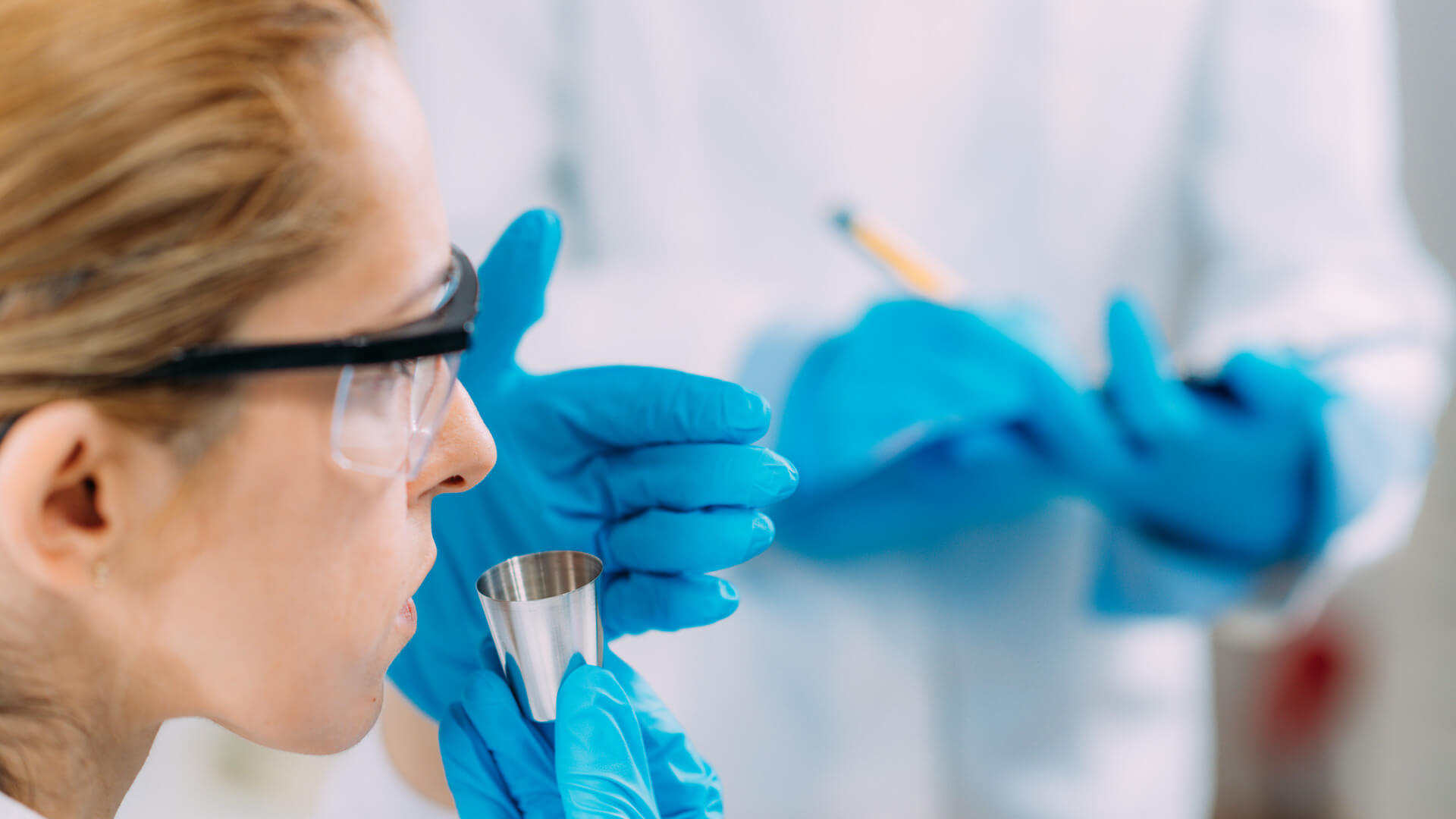RIVERSIDE, Calif. — Can smelling things be good for your health? Researchers from the University of California-Riverside have made a fascinating discovery: inhaling certain scents could potentially delay the onset of cancer, inflammation, and neurodegenerative diseases. This futuristic technology, once thought to belong to the realm of science fiction, is now a step closer to reality.
The research, centered around the fruit fly (Drosophila melanogaster) and later extended to mice and human cells, found that exposure to diacetyl — a compound commonly released by yeast — resulted in significant changes in gene expression. Diacetyl, known for its use in food and beverage flavorings and occurring naturally in various dairy products, showed a profound ability to alter genetic activity without direct consumption by the organism.
“That exposure to an odorant can directly alter expression of genes, even in tissues that have no odorant receptors, came as a complete surprise,” says study author Anandasankar Ray, a professor of molecular, cell and systems biology at the University of California-Riverside, in a university release. “These molecules are able to get to the cell nucleus through the cell membrane.”

The implications of this research are vast, suggesting that merely breathing in specific volatile compounds could have therapeutic benefits. The study goes beyond previous understandings, showing that these odor molecules absorbed through the skin, nose, lungs, and potentially the brain, can fundamentally change gene expression. This discovery raises important questions about how environmental scents affect our health and predisposition to diseases.
One of the key mechanisms at play is the inhibition of histone deacetylase (HDAC) enzymes by diacetyl and similar volatiles. HDAC inhibitors are already utilized in anti-cancer treatments and might be effective against inflammatory diseases and neurodegenerative conditions. Inhibition of HDAC leads to less compact DNA within cells, thereby increasing gene expression. In practical terms, this means that certain scents could potentially slow down diseases like Huntington’s by preventing the degeneration of vital cells or reducing the expression of genes linked to cancers in mice and human cell lines.
“We have shown for the first time that some of these odor molecules to which we are exposed and are being absorbed into the cells of our skin, nose, lungs, even probably to the brain through the bloodstream are fundamentally altering gene expression,” notes Ray. “Is this something to be concerned about? How is it affecting our predisposition to certain diseases? How exactly is it affecting the genes we express? These remain unanswered questions.”

Furthermore, this research has promising applications in agriculture. Since HDACs are conserved across plants and animals, plants exposed to these volatiles show a strong response, opening new avenues for enhancing growth and stress responses without traditional interventions like pills or injections.
“Volatile chemicals can deliver a therapeutic dose to plants and animals, with no need for pills or injections,” says Ray. “They can simply be breathed in, almost giving a new meaning to scent-based therapy.”
Ray, alongside his University of California-Riverside team, has filed patents for the use of these groundbreaking volatiles. They’ve launched a startup, Remote Epigenetics, aiming to harness the power of scent-based therapy for both human health and agricultural advancements. This venture represents a significant leap towards utilizing environmental odorants in preventive medicine and crop management, offering a low-cost, non-invasive method for enhancing well-being and food production.
As this research continues to evolve, the potential for odorants to serve as “tiny drugs” that can be simply inhaled to deliver therapeutic effects is an exciting development. This novel approach to health and agriculture could redefine how we think about treatment and care, offering a glimpse into a future where scent plays a crucial role in disease prevention and plant growth.
The study is published in the journal eLife.
You might also be interested in:

I am doomed at Taco Tuesday
“We’re sorry sir, you can’t smell that flower at the park without a subscription and the app on your phone to scan the QR code on it. Do you have insurance and if so who is your provider??” 🙂
Very interested to learn more about what inhalants would be therapeutic
Stop with the greedy patents. Just share everything you know about this so everyone can be healthy for free. What flowers exactly do we need to make this work for our health? They should just share all the details on this.
What are these odors, the names please?????
I have been using farts as Insect , Wife and Boss repellent for years .
So like essential oils? which have been used for ages.
Very good efforts and invention for Cancer, IBD And Neurodegenerative, Auto immune diseases with very simple, without Pills and Injections as a successful inhaler therapy. Congratulations and bring in health product as early as possible with FDA approval.
Study essential oils, get a collection, get a diffuser, not that complicated